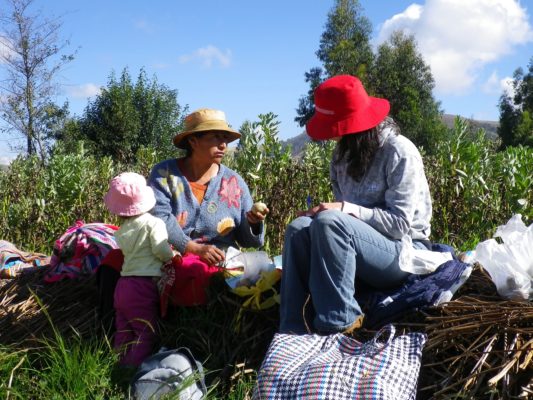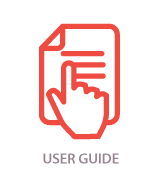OVERVIEW
The small-scale exploratory case study collects data to focus on several topics, for example to get a first idea of how farmers use and handle their seeds. A small N survey is exploratory and uses qualitative and quantitative data. It does not claim to be representative; it is more oriented towards a general description than towards statistically significant differences and correlations. Data is typically collected using a survey form with a modest number of open-ended and closed-ended questions; it takes about an hour or 90 minutes to complete it with each farmer.
Space is also provided to include other information voluntarily provided by respondents. To identify patterns of seed use during an initial reconnaissance, it is important to strategically sample different groups, such as farmers versus traders, smallholders versus large farmers, men versus women. A study may require 12 to 15 surveys per farmer type and 35 to 50 farmers per community. Additional information can be obtained by comparing case studies, for example by comparing different communities.
Examples of questions the tool can answer
- Which farmers save their own seeds and which obtain them off-farm?
- Where do farmers get seeds when they don’t use their own?
- What seeds and varieties are used by large and small farmers?
- What payments and exchanges do farmers use?
- How does seed use by older farmers differ from that of younger farmers?
For more information on the tool
Contact Conny Almekinders (Wageningen University and Research): Conny.Almekinders@wur.nl

A researcher interviews a farmer about his potato seeds and varieties as part of a short exploratory survey in Peru. (Photo: C. Urrea/WUR).


